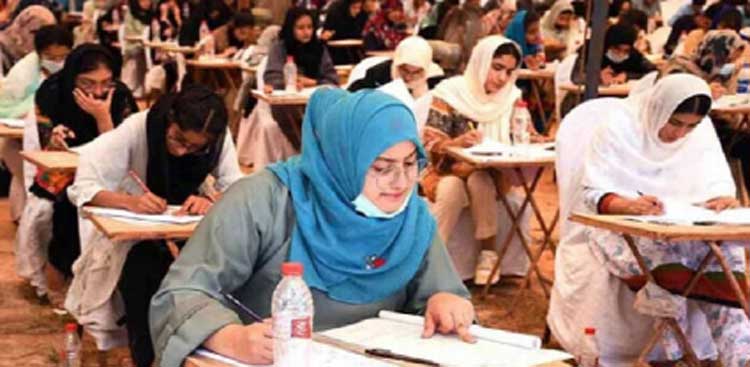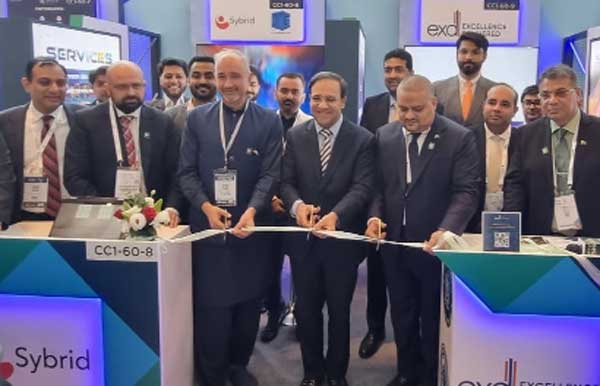Manzar Naqvi
KARACHI: In recent news, the Medical and Dental College Admission Test (MDCAT) in Sindh has come under scrutiny due to allegations of corruption and paper leaks. The scandal has left over 40,000 aspiring medical students in limbo, with their dreams of pursuing MBBS and BDS degrees hanging in the balance. While the Sindh government has taken steps to address the issue by ordering a re-examination through the Dow University of Health Sciences (DUHS), concerns about fairness and accountability linger.
The MDCAT 2023 scandal unfolded when reports emerged of a leaked question paper, casting a shadow of doubt over the integrity of the examination. Caretaker Sindh Health Minister Saad Khalid Niaz confirmed the leak, stating that the leaked paper had a direct impact on the candidates’ scores, preventing them from achieving their full potential. Consequently, the decision was made to reconduct the examination on November 19, 2023.
While the government’s commitment to rectify the situation is commendable, there are several pressing issues that need addressing:
Delay in Admissions: The corruption scandal has led to significant delays in the admissions process for medical colleges. Students who have spent years preparing for this crucial exam now find themselves in a state of uncertainty.
Choice of Exam Conducting Body: The decision to entrust the re-examination to the Dow University of Health Sciences, which has faced criticism regarding its reputation, raises concerns about impartiality. It is vital that the examination process is overseen by a body free from any allegations of corruption or bias.
Financial Burden on Students: Many students and their families have already spent substantial sums on preparation, registration fees, and other associated costs. Asking them to bear the expense of a re-examination may exacerbate their financial burden.
To address these concerns and ensure a fair and transparent re-examination process, several steps should be taken:
Examine High-Scoring Candidates: Instead of subjecting all candidates to a re-examination, the authorities should consider re-examining only those students who scored exceptionally high marks, particularly above 90%. This would help target potential cheaters while minimizing disruption for innocent students.
Independent Oversight: An independent body of respected personalities should be appointed to oversee the re-examination process. This would help restore confidence in the fairness of the examination.
Waive Re-Examination Fees: Given the circumstances and the financial strain on students and their families, the Sindh government should announce that the re-examination will be conducted without any additional fees. This would demonstrate a commitment to fairness and justice.
Accountability: The Federal Investigation Agency (FIA) should conduct a thorough inquiry into the alleged irregularities in the MDCAT 2023 and hold those responsible accountable for their actions.
In conclusion, the MDCAT corruption scandal in Sindh has not only jeopardized the dreams of thousands of aspiring medical students but also raised serious questions about the integrity of the examination system. To restore trust and ensure justice, it is essential that the re-examination process is transparent, fair, and accountable. The Sindh government must act swiftly and decisively to rectify this situation and prioritize the aspirations of the affected students.




